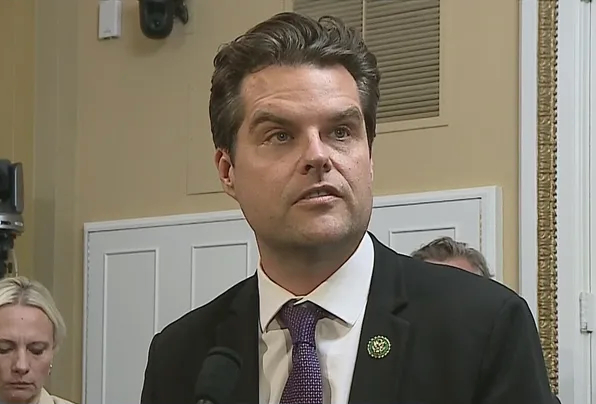Emily Jashinsky of the Federalist digs into the impact of the drawn-out U.S. House speaker battle.
McCarthy finally secured the gavel late Friday by striking a deal with the House Freedom Caucus, or HFC. “It’s the most significant win for conservatives in a decade, possibly the biggest in a generation,” a senior congressional aide told The Federalist on Sunday. “The rules package, if adopted, will actually impact policy outcomes by forcing a transparent and open process.”
“Everything that Republicans and conservatives say they hate — giant, thousand-page spending bills negotiated by a handful of people with little input from anyone else, plum committee assignments reserved for insiders, and a closed off amendment process — is addressed here,” the aide added.
From John Boehner to Paul Ryan to McCarthy, House conservatives are gradually shocking Republican leadership into representing their own voters. When the GOP failed to win back a major margin in the House, members of the Freedom Caucus did the math and realized they could flex some muscle. Even before Election Day, McCarthy had courted the HFC, as we reported in October. He made friends of Reps. Jim Jordan and Marjorie Taylor Greene. He talked about reversing certain Pelosi-era power grabs.
Indeed, this is exactly what frustrated members such as Rep. Dan Crenshaw. From their perspective, HFC went into the speaker vote having already won. That’s actually true, but it’s also true they won even bigger as the week wore on. Those two points are not mutually exclusive, though it seemed like the baby might get thrown out with the bath water more than once.
While the political establishment preferred to focus on personalities and melodrama, the concessions HFC members managed to wring out of McCarthy are shockingly consequential. Without another speaker candidate waiting in the wings, serious negotiators like Rep. Chip Roy knew they had the upper hand and could push the GOP establishment much further than anyone imagined.


